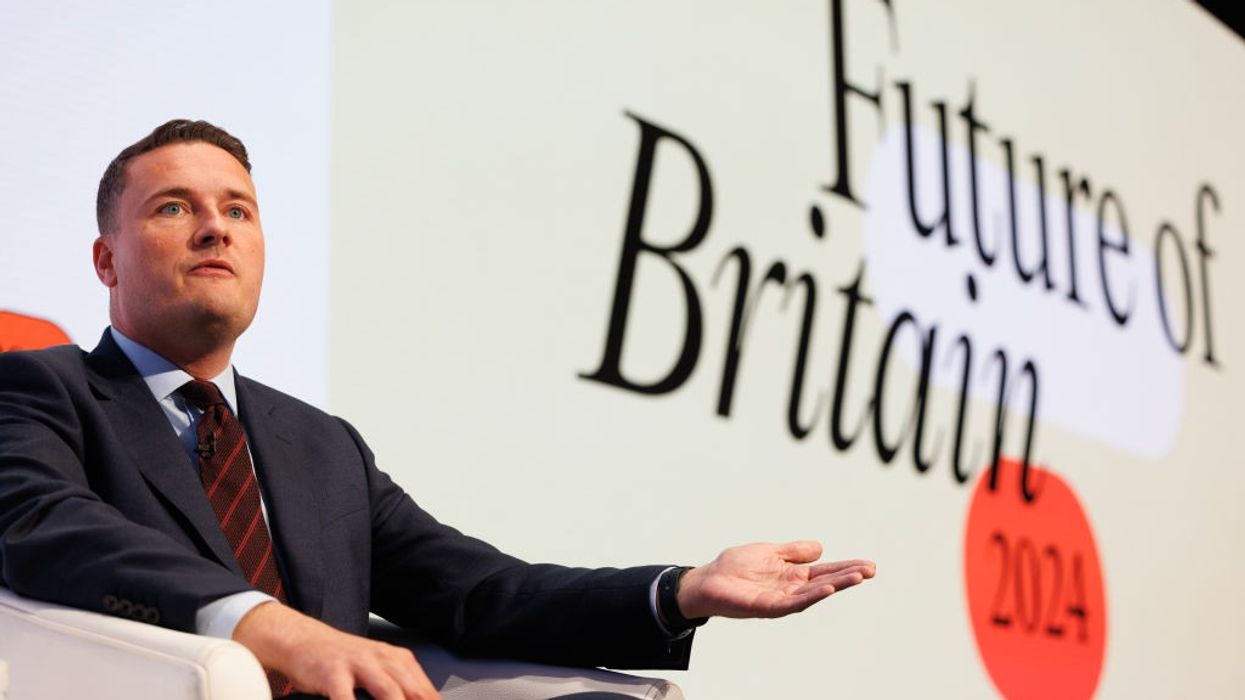Secretary of Health and Social Care, Wes Streeting, advocates for a fundamental shift in NHS strategy to drive both healthcare improvements and economic growth
At the Future of Britain Conference 2024, the newly appointed Secretary of Health and Social Care, (DHSC) Wes Streeting, stated that "Labour's DNA is in the NHS".
He also called for a long-term approach to reform the broken health sector and the integration of artificial intelligence (AI) to steer the healthcare system towards sustainability and growth.
Hosted by Tony Blair Institute for Global Change and My Life My Say today, Tuesday, 9, Streeting discussed the plans to fix the healthcare system and role of Artificial Intelligence (AI) in "making the right choices" by bringing in three essential shifts in the healthcare.
Criticising the previous Conservative administration for leaving "massive burning deck issues" due to constant reshuffling within the Department of Health and Social Care (DHSC), Streeting lamented that this "instability" and "indecisions" have made comprehensive reform even more pressing.
Drawing inspiration from Chancellor Rachel Reeves' speech on economic growth, Streeting stressed the interconnectedness of health and economic prosperity.
He articulated a vision where the DHSC is not merely a public services department but a pivotal player in the nation's economic strategy.
"The health of the nation and the health of the economy are inexplicably linked," Streeting asserted.
"As we get people back to health and back to work, we make a significant contribution to economic growth."
Streeting outlined three essential shifts required to transform the NHS.
First, he called for the integration of health and social care systems with the life sciences and Medtech ecosystems, positioning the UK as a global leader in these fields.
"We need to rethink our role in the government and in the country at large. This is no longer simply a public services department. It is an economic growth department," he stated.
Second, Streeting emphasised the importance of a long-term perspective, urging the government to focus not just on immediate challenges but also on strategic, future-oriented decisions.
He criticised the previous administration's short-termism, which he argued had exacerbated the NHS's problems.
"Making choices with a view not just to the next election, but to the next decade and beyond, is crucial," he said.
On the future and AI
Finally, Streeting highlighted the potential of AI and technological advancements to revolutionise healthcare delivery.
He pointed to Labour's manifesto pledge to double the number of AI-enabled CT and MRI scanners as a step towards harnessing technology for improved patient outcomes and increased productivity.
"These are massive productivity gains, massive improvements for patient experience, and massive improvements in the quality of diagnostics," he noted.
Despite the immediate challenges, including a backlog of 7.6 million patients on NHS waiting lists, Streeting expressed optimism about the future of the NHS.
He called for an end to the "begging bowl culture" and a shift towards a more collaborative relationship with the Treasury, focused on driving growth and improving the nation's health.
Streeting's vision extends beyond healthcare to encompass broader economic and social goals.
He sees the NHS and social care systems as "anchor institutions" capable of driving economic growth across the country.
"As anchor institutions, the NHS and the social care systems can be drivers of economic growth in every part of the country when we set out our No.1 mission for the government, not just faster growth but equitable growth and prosperity shared by all," he affirmed.
Addressing the existential challenges facing the NHS, such as an ageing population, rising chronic disease, and escalating cost pressures, Streeting called for decisive reform.
"We must act now to address these long-term strategic challenges and seize the opportunities that face the NHS in the 21st century," he urged.












